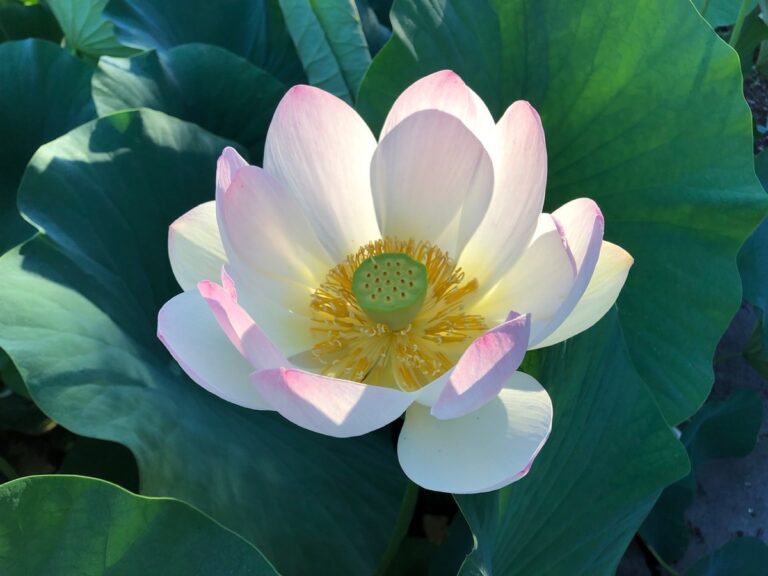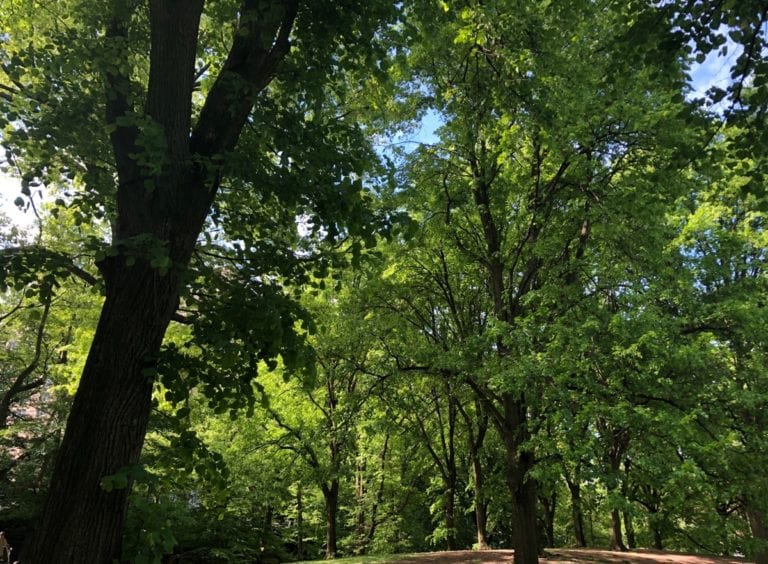702nd Week: Befriending Silence
I’ve run across a number of articles recently that speak to the physical benefits of silence. One I just read a few days ago talks about how silence generates new cells in the hippocampus of mice. This is an intriguing finding, given that we know that trauma shrinks the hippocampus. Here’s the link to that article: http://www.lifehack.org/377243/science-says-silence-much-more-important-our-brains-than-thought
Another article, which I read a while ago, speaks to a number of benefits that arise from spending time in silence, including the study on mice and growing cells in the hippocampus. Here’s the URL for it: https://www.huffingtonpost.com/entry/silence-brain-benefits_us_56d83967e4b0000de4037004
Here are some specific points from that article, by Carolyn Gregoire in the Huffington Post, shared by Daily Good:
- Silence relieves stress and tension.
“It turns out that noise pollution has been found to lead to high blood pressure and heart attacks, as well as impairing hearing and overall health. Loud noises raise stress levels by activating the brain’s amygdala and causing the release of the stress hormone cortisol, according to research…
“Just as too much noise can cause stress and tension, research has found that silence has the opposite effect, releasing tension in the brain and body.”
- Silence replenishes our mental resources.
“The ceaseless attentional demands of modern life put a significant burden on the prefrontal cortex of the brain, which is involved in high-order thinking, decision-making and problem-solving.
“As a result, our attentional resources become drained. When those attention resources are depleted, we become distracted and mentally fatigued, and may struggle to focus, solve problems and come up with new ideas.
“But according to attention restoration theory, the brain can restore its finite cognitive resources when we’re in environments with lower levels of sensory input than usual. In silence — for instance, the quiet stillness you find when walking alone in nature — the brain can let down its sensory guard, so to speak.”
- In silence, we can tap into the brain’s default mode network.
The default mode network of the brain “…is activated when we engage in what scientists refer to as “self-generated cognition,” such as daydreaming, meditating, fantasizing about the future or just letting our minds wander.
“When the brain is idle and disengaged from external stimuli, we can finally tap into our inner stream of thoughts, emotions, memories and ideas. Engaging this network helps us to make meaning out of our experiences, empathize with others, be more creative and reflect on our own mental and emotional states.
“In order to do this, it’s necessary to break away from the distractions that keep us lingering on the shallow surfaces of the mind. Silence is one way of getting there.
“Default mode activity helps us think deeply and creatively. As Herman Melville once wrote, “All profound things and emotions of things are preceded and attended by silence.”
- Getting quiet can regenerate brain cells.
“Silence can quite literally grow the brain.
“A 2013 study on mice, published in the journal Brain, Structure, and Function, involved comparing the effects of ambient noise, white noise, pup calls and silence on the rodents’ brains. Although the researchers intended to use silence as a control in the study, they found that two hours of silence daily led to the development of new cells in the hippocampus, a key brain region associated with learning, memory and emotion.”
For this week’s practice in conscious living, I invite you to explore what you notice if you take a few minutes each day to spend in silence. I recommend engaging this practice as an experiment in which you have an opportunity to notice any shifts in your physiology, thinking, feeling, and general attitude towards the world, your everyday life, people with whom you interact, etc. There’s no right answer. Instead, it’s an opportunity to experience directly what silence can offer your body-mind, your quality of daily living, your overall mood.
It may take a few days of spending time with silence to begin to notice anything, so don’t insist on something being apparent right away. Instead, bring along the kind of curiosity that allows you to notice what’s unfolding without any expectation of what’s “supposed” to happen.
As with all these practices, be sure to give yourself permission to notice any mixed feelings that may arise. For some of us, being in silence may touch into old trauma responses, or cause activation rather than ease. If that’s the case, notice what happens if you mindfully walk while in silence, as movement can sometimes alleviate the anxiety that occasionally emerges when we enter silence.
And, as with all the practices, be sure to pat on the head any judgments that may arise, allowing those judgments to move on through without your having to do anything about them one way or another.





